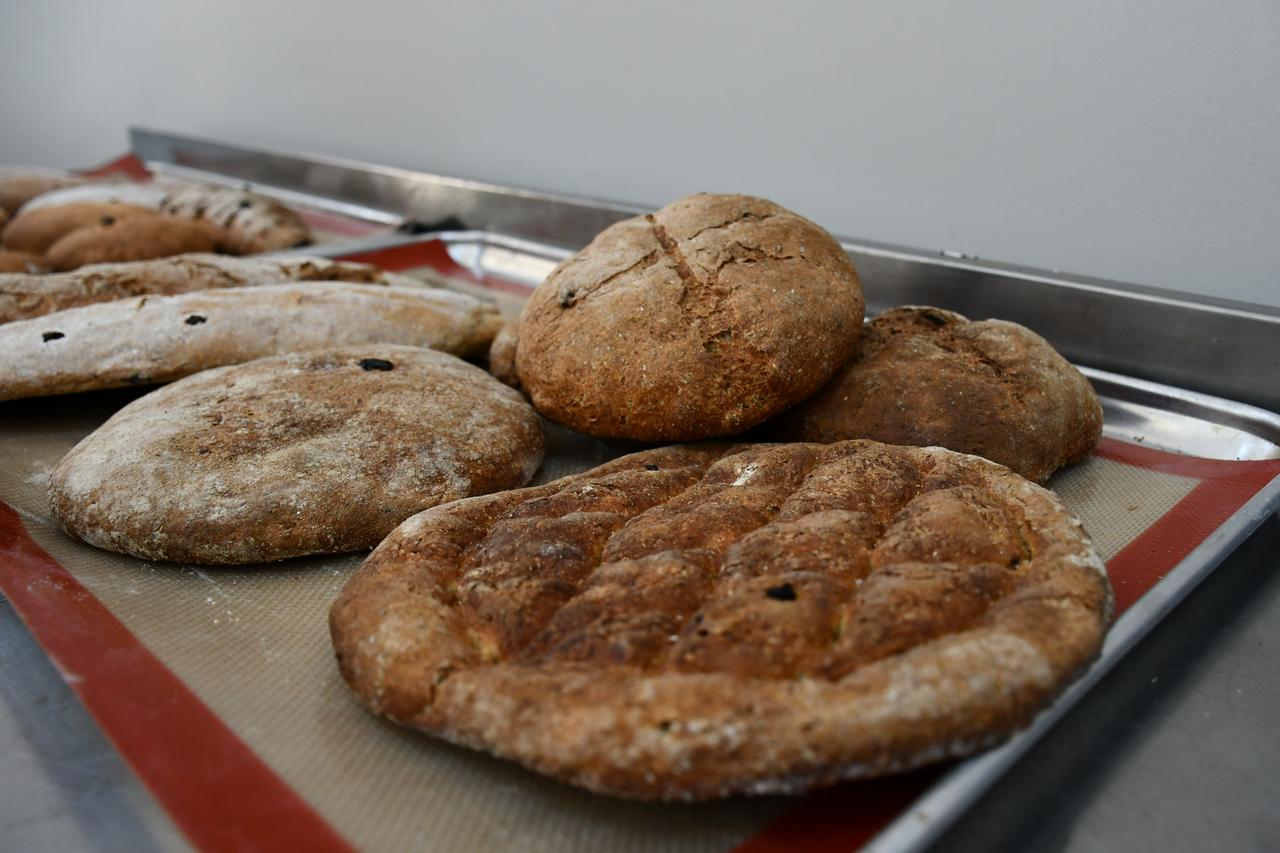
A team of academics in Türkiye has brought back to life a nearly 3,000-year-old honey-barley bread recipe once prepared across ancient Mesopotamia as well as in ancient Roman and Greek culinary traditions. The researchers at Batman University say rediscovering and baking the bread offered a rare window into everyday life in early civilizations.
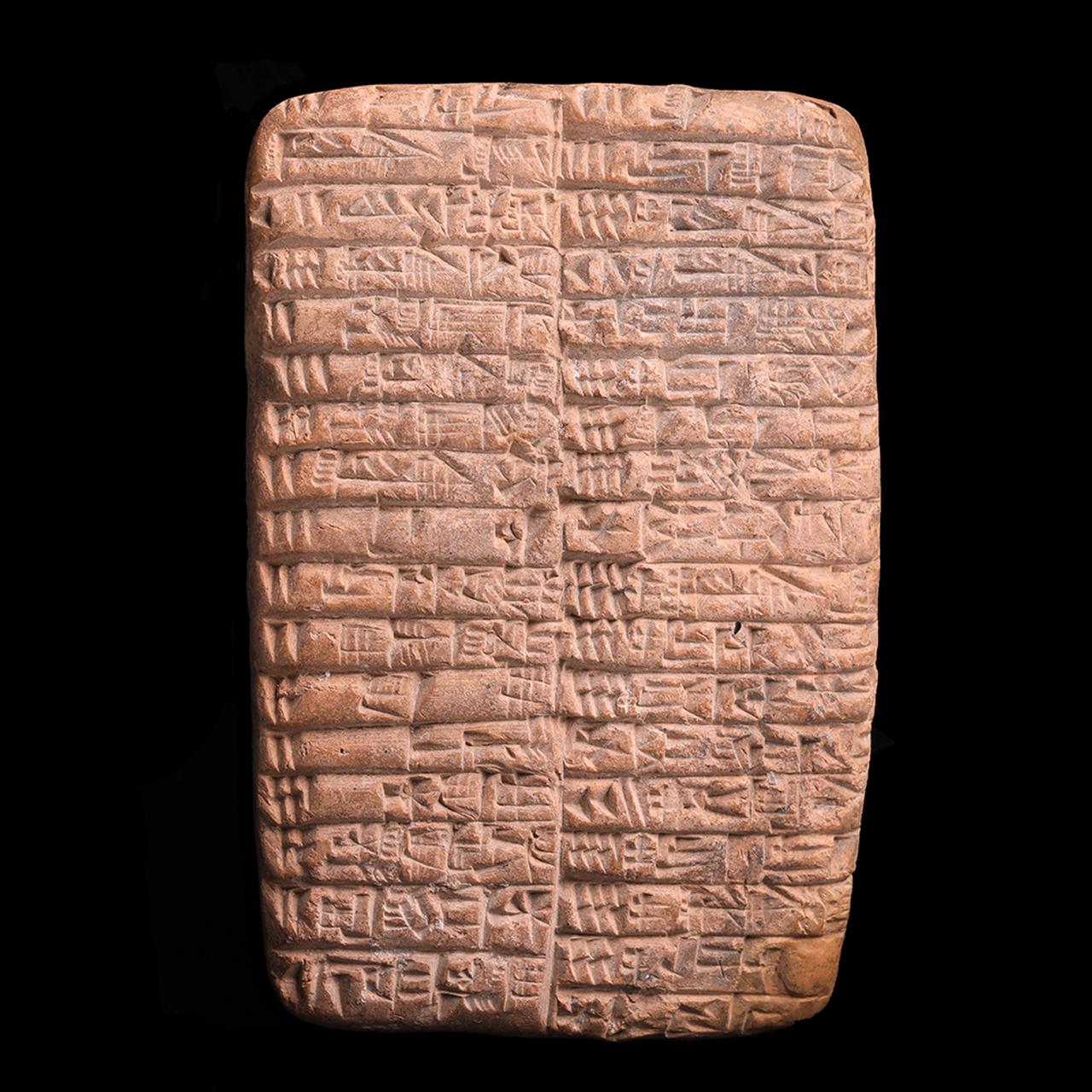
The project began when a group of academics at Batman University’s Hasankeyf Vocational School followed the trail of historical dishes described in written sources from antiquity. During their research, they encountered references to a honey-barley bread appearing in cuneiform tablets from the third millennium B.C. These included the so-called “Ration Tablets” of the Third Dynasty of Ur, which recorded the daily food portions allocated to workers.
According to lecturer Ilker Aksoy, the tablets frequently listed barley bread among the staples distributed to women and men working for the state. He noted that other early Mesopotamian records also mentioned variations of the bread prepared for temple feasts, sometimes sweetened with honey. Comparable references later appeared in Old Babylonian bakery records, which catalogued the types of bread baked for state institutions.
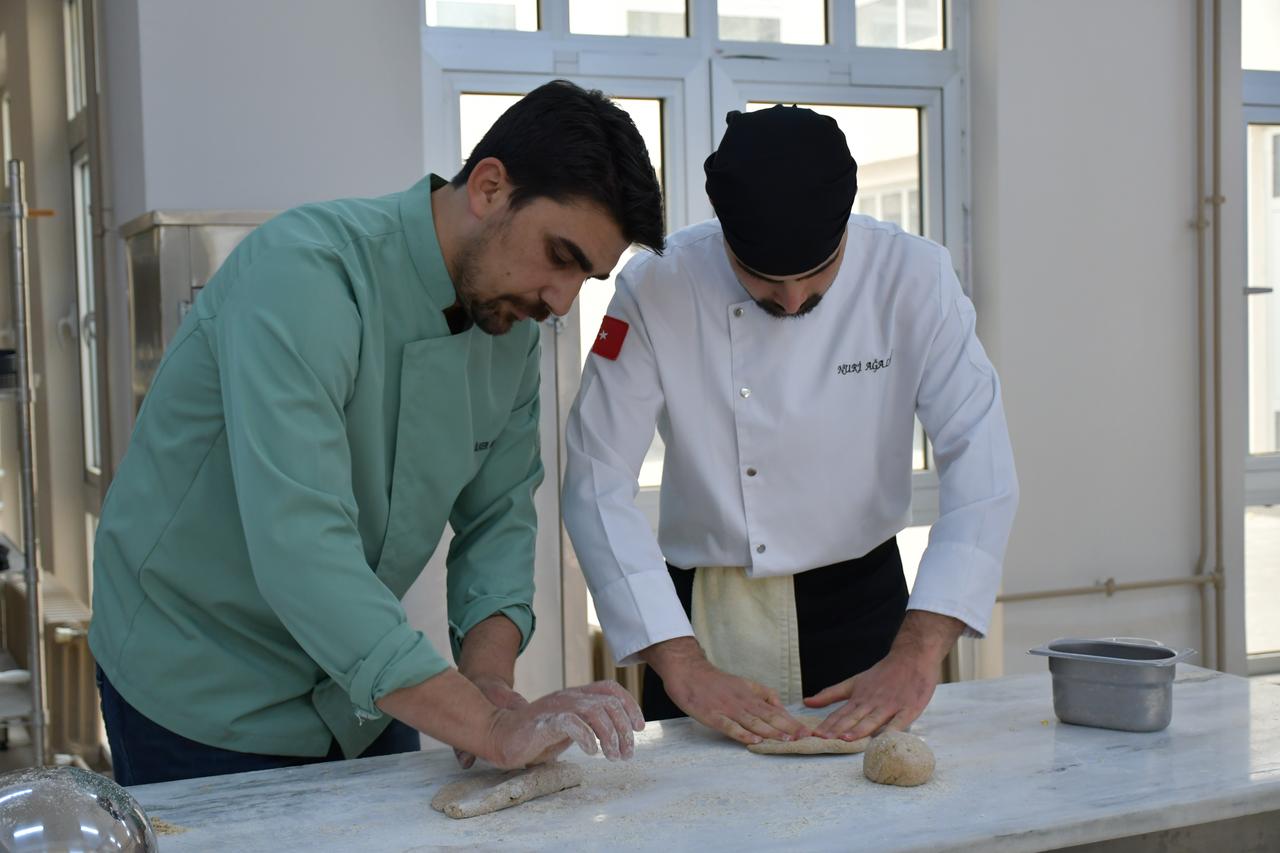
After a detailed study of these texts, the team reconstructed a recipe based on barley flour, honey, salt and warm water. They carried out repeated tests in the school’s kitchen to achieve the right consistency. Following the descriptions in the tablets, they shaped the dough and cooked it on a heated stone to mirror ancient methods.
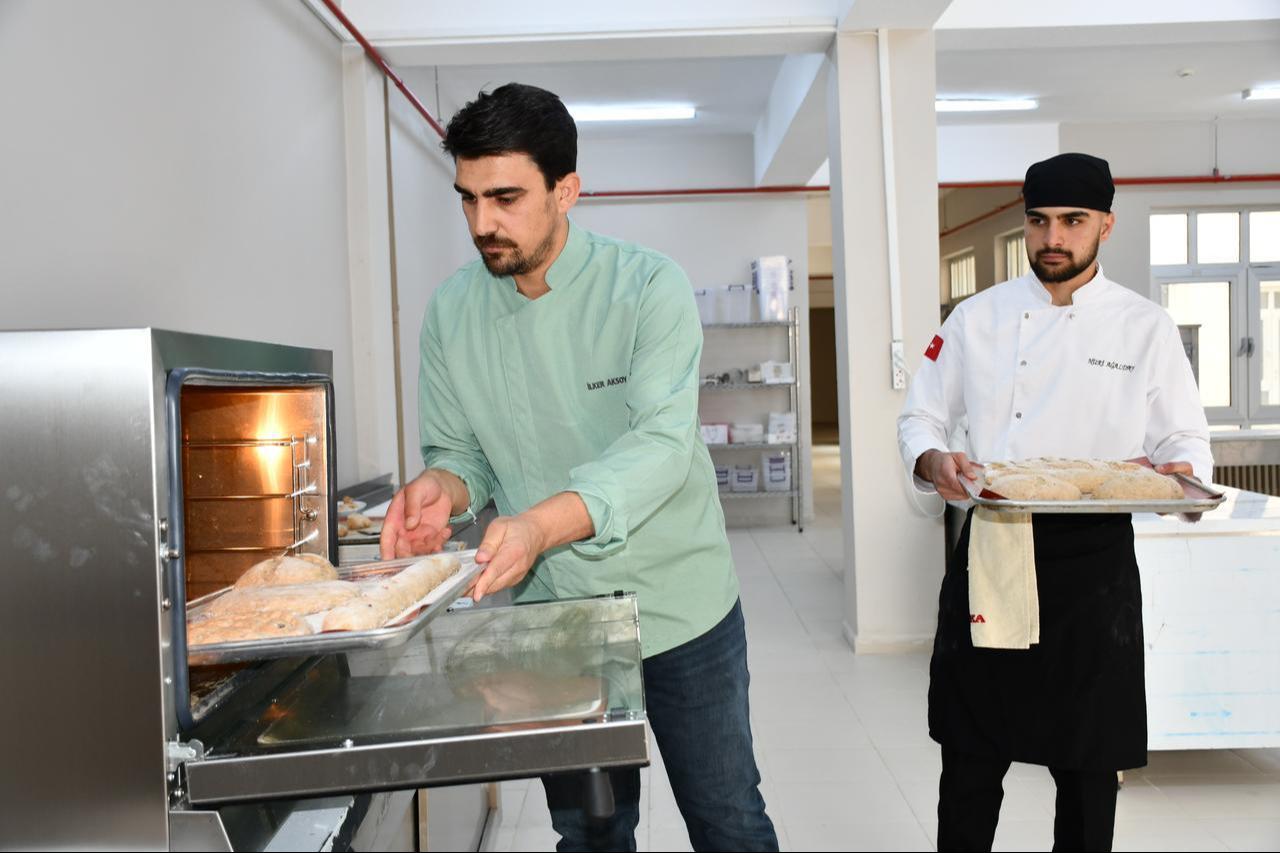
Aksoy said the team “wanted to give this bread a new life” after uncovering its ingredients and preparation technique. He explained that the process helped them understand how people living on these lands for 12,000 years sustained themselves through periods of scarcity and abundance. The experience, he added, gave them “a deeply emotional connection to the human journey.”
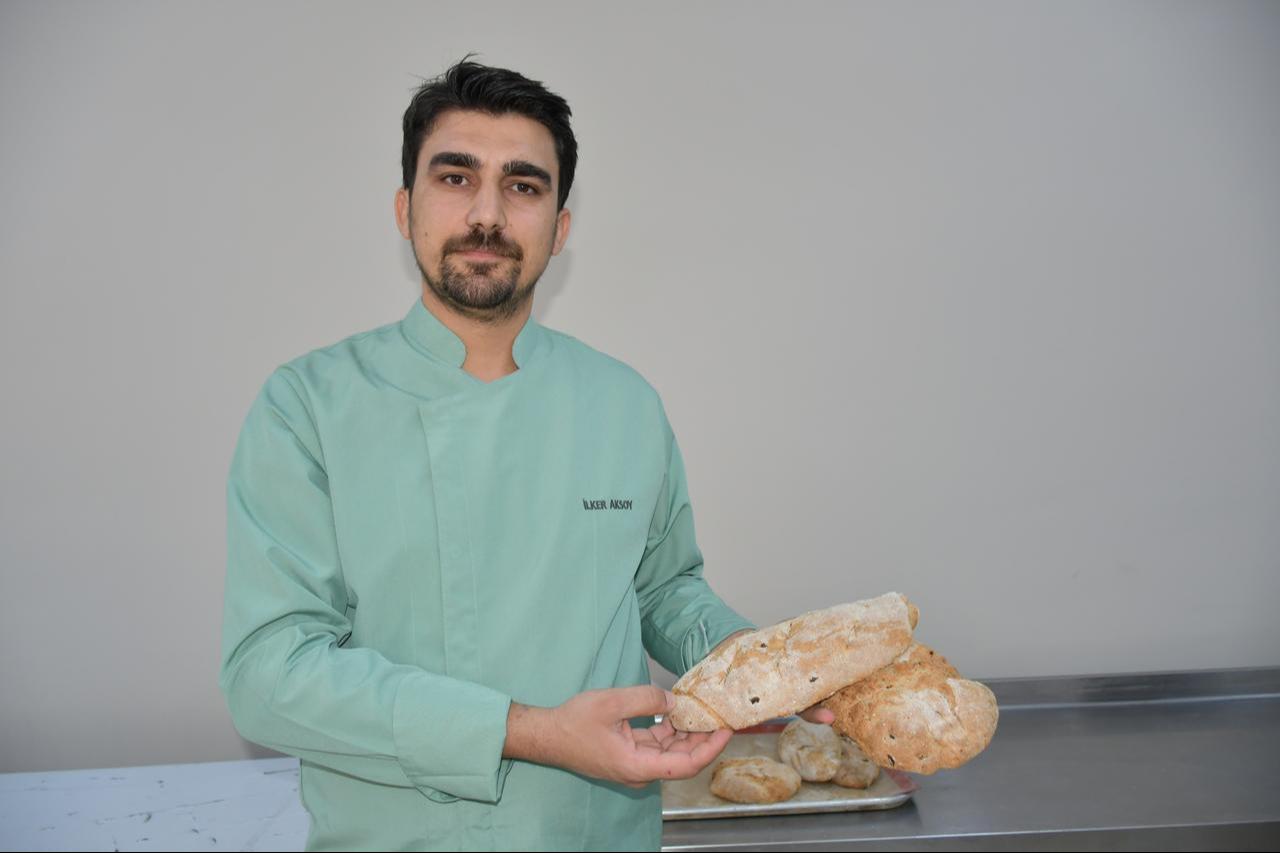
Batman University Rector Idris Demir described the revival as an important cultural step for a region long regarded as one of the birthplaces of civilization.
He said the bread would be introduced at special events and festivals, noting that it could enrich the region’s gastronomic appeal and support local tourism.